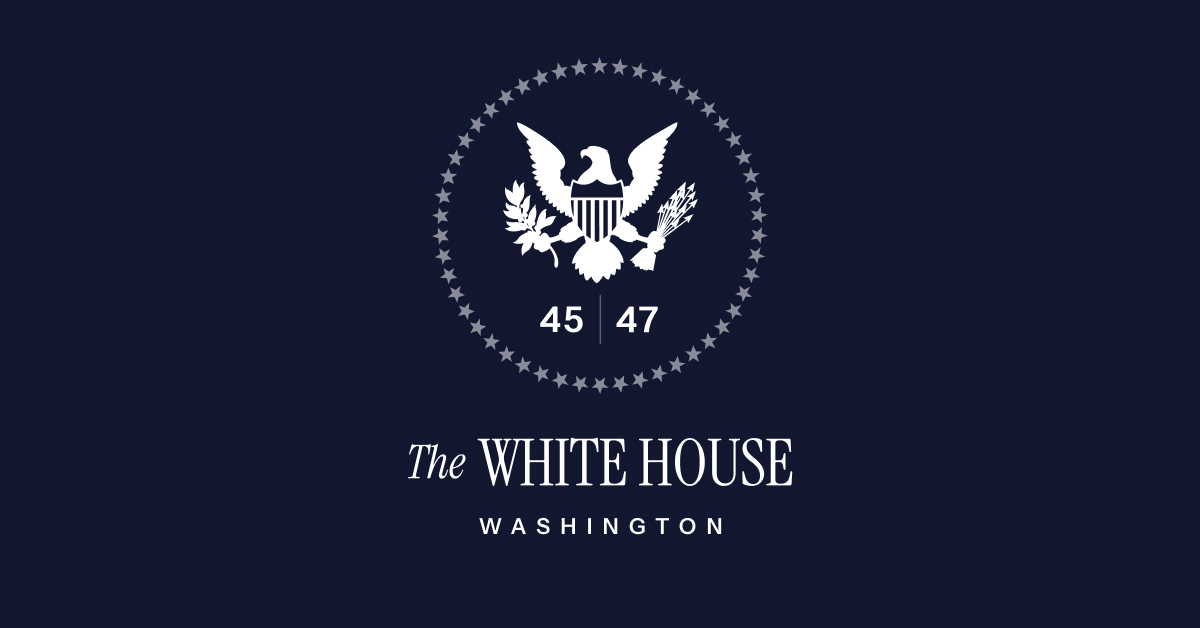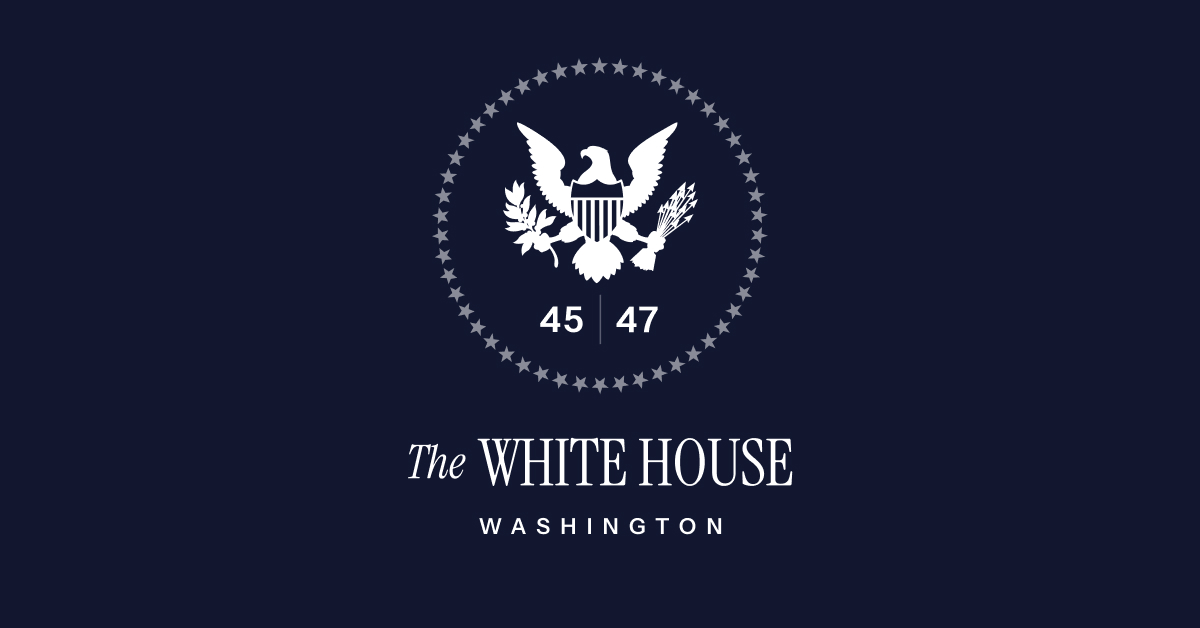Understanding The Debate: Prosecuting Flag Burning And Freedom Of Speech

Welcome to your ultimate source for breaking news, trending updates, and in-depth stories from around the world. Whether it's politics, technology, entertainment, sports, or lifestyle, we bring you real-time updates that keep you informed and ahead of the curve.
Our team works tirelessly to ensure you never miss a moment. From the latest developments in global events to the most talked-about topics on social media, our news platform is designed to deliver accurate and timely information, all in one place.
Stay in the know and join thousands of readers who trust us for reliable, up-to-date content. Explore our expertly curated articles and dive deeper into the stories that matter to you. Visit Best Website now and be part of the conversation. Don't miss out on the headlines that shape our world!
Table of Contents
Understanding the Debate: Prosecuting Flag Burning and Freedom of Speech
The burning of the American flag – a potent symbol of patriotism for many – remains a deeply divisive issue, sparking heated debates about freedom of speech, national unity, and the limits of symbolic expression. This act, often perceived as disrespectful or even hateful, consistently tests the boundaries of the First Amendment's protection of free speech. Understanding this ongoing conflict requires examining the legal precedents, the arguments for and against prosecution, and the broader societal implications.
The Supreme Court's Landmark Ruling: Texas v. Johnson
The landmark Supreme Court case Texas v. Johnson (1989) significantly shaped the legal landscape surrounding flag burning. In this case, the Court ruled that burning the American flag as a form of political protest is protected speech under the First Amendment. The justices emphasized that even offensive or unpopular expressions are shielded by this constitutional right. This decision effectively established a precedent against criminalizing flag desecration, leaving many feeling frustrated and others celebrating a victory for free expression.
Arguments Against Prosecuting Flag Burning:
Proponents of protecting flag burning cite the First Amendment as the cornerstone of their argument. They argue that:
- Freedom of Speech is Paramount: The right to express dissent, even through controversial means, is essential to a healthy democracy. Restricting flag burning sets a dangerous precedent, potentially leading to the suppression of other forms of unpopular speech.
- Symbolic Speech is Protected: The Supreme Court has consistently recognized symbolic acts as forms of protected speech. Flag burning, while provocative, falls under this umbrella. Restricting it would be akin to restricting other forms of symbolic protest, like kneeling during the national anthem.
- Government Neutrality: The government should remain neutral towards all forms of speech, even those it finds offensive. Prosecuting flag burning would represent government overreach and a violation of the principle of free expression.
Arguments for Prosecuting Flag Burning:
Conversely, those who advocate for prosecuting flag burning often argue that:
- Respect for National Symbols: The American flag represents the nation's history, values, and sacrifices. Burning it is seen as deeply disrespectful to veterans, fallen soldiers, and the nation as a whole.
- Maintaining Social Order: Some believe that allowing flag burning could incite violence or unrest, undermining social order and national unity. They argue that certain acts, while protected by the First Amendment, may still have consequences.
- Protecting National Unity: Critics of the Texas v. Johnson ruling argue it has damaged national unity and fostered disrespect towards established institutions. They believe prosecuting flag burning could help reinforce national identity and shared values.
The Ongoing Debate and Future Implications:
Despite the Texas v. Johnson ruling, the debate surrounding flag burning persists. Numerous attempts have been made at the state and federal levels to pass laws criminalizing this act, highlighting the ongoing tension between protecting freedom of expression and respecting national symbols. The discussion continues to challenge our understanding of the limits of free speech and its role in a democratic society. Understanding the nuances of this debate is crucial for fostering informed discussions about civil liberties and the balance between individual rights and societal harmony.
Further Reading:
Call to Action: Engage in respectful dialogue and learn more about the First Amendment and its implications for freedom of expression. Understanding both sides of this complex issue is vital for participating in a healthy democracy.

Thank you for visiting our website, your trusted source for the latest updates and in-depth coverage on Understanding The Debate: Prosecuting Flag Burning And Freedom Of Speech. We're committed to keeping you informed with timely and accurate information to meet your curiosity and needs.
If you have any questions, suggestions, or feedback, we'd love to hear from you. Your insights are valuable to us and help us improve to serve you better. Feel free to reach out through our contact page.
Don't forget to bookmark our website and check back regularly for the latest headlines and trending topics. See you next time, and thank you for being part of our growing community!
Featured Posts
-
 Lck 2025 Week 15 Day 3 Hle Capitalizes On Drxs Weakness
Aug 30, 2025
Lck 2025 Week 15 Day 3 Hle Capitalizes On Drxs Weakness
Aug 30, 2025 -
 Carolina Panthers Bryce Young And The Receiving Corps Post Thielen
Aug 30, 2025
Carolina Panthers Bryce Young And The Receiving Corps Post Thielen
Aug 30, 2025 -
 La Controversia De Mariana Botas En La Casa De Los Famosos Criticas Internas Y Externas
Aug 30, 2025
La Controversia De Mariana Botas En La Casa De Los Famosos Criticas Internas Y Externas
Aug 30, 2025 -
 Adam Thielen Returns To Minnesota Vikings Finalize Trade With Carolina
Aug 30, 2025
Adam Thielen Returns To Minnesota Vikings Finalize Trade With Carolina
Aug 30, 2025 -
 Unbelievable Power Phillies Schwarber Hits Four Home Runs
Aug 30, 2025
Unbelievable Power Phillies Schwarber Hits Four Home Runs
Aug 30, 2025
Latest Posts
-
 Macron Issues Stark Warning To Trump Regarding Putins Potential Avoidance Of Zelenskyy
Aug 30, 2025
Macron Issues Stark Warning To Trump Regarding Putins Potential Avoidance Of Zelenskyy
Aug 30, 2025 -
 The Summer I Turned Pretty Season 3 Episode 8 Premiere Date Everything We Know
Aug 30, 2025
The Summer I Turned Pretty Season 3 Episode 8 Premiere Date Everything We Know
Aug 30, 2025 -
 Win Big With Geoff Schwartzs Fox Super 6 College Football Week 1 Picks
Aug 30, 2025
Win Big With Geoff Schwartzs Fox Super 6 College Football Week 1 Picks
Aug 30, 2025 -
 White House Statement On Robert F Kennedy Jr Amidst Cdc Challenges
Aug 30, 2025
White House Statement On Robert F Kennedy Jr Amidst Cdc Challenges
Aug 30, 2025 -
 Understanding The Laws Surrounding Flag Burning And Potential Prosecutions
Aug 30, 2025
Understanding The Laws Surrounding Flag Burning And Potential Prosecutions
Aug 30, 2025
